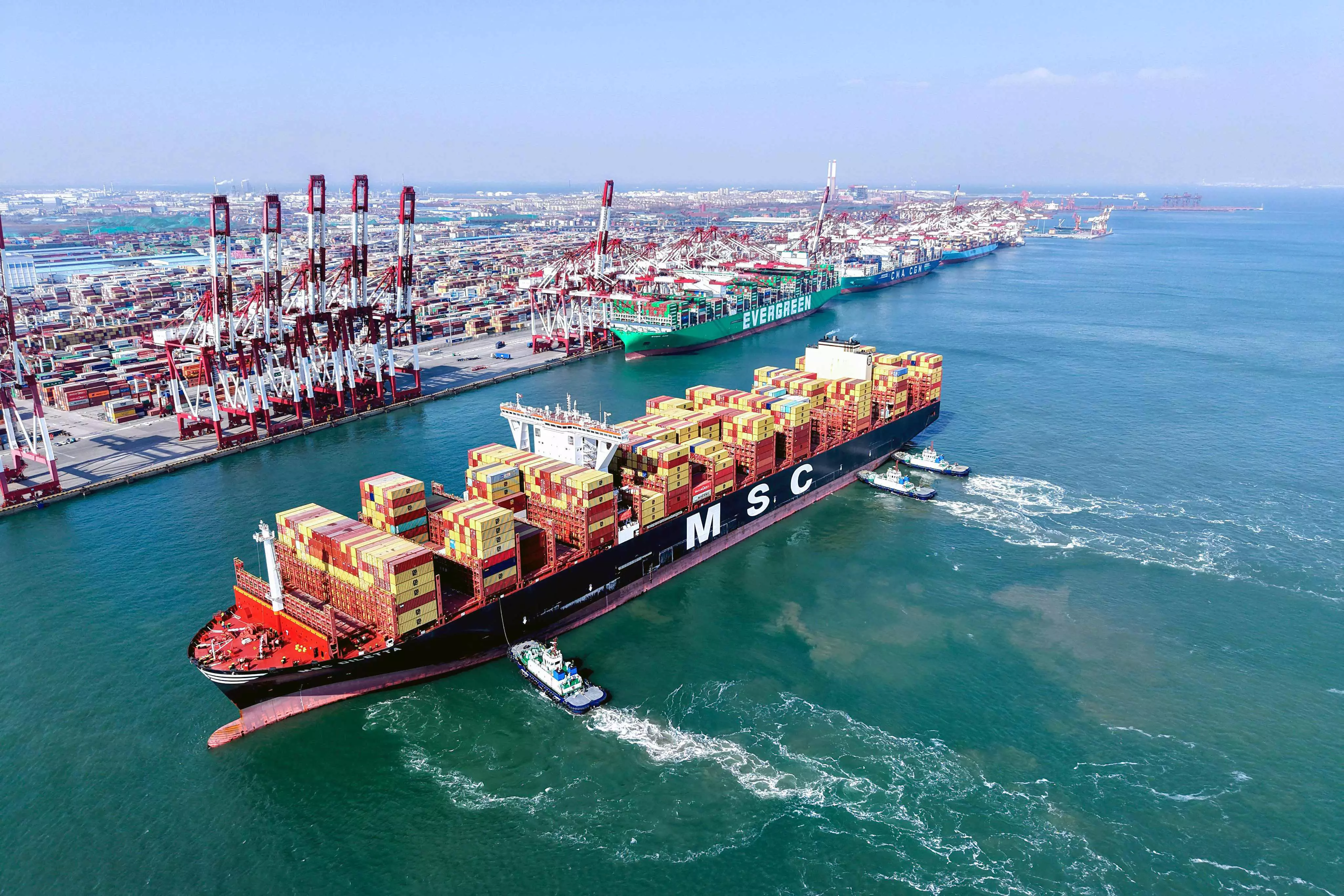India Imposes Port Curbs on Import of Certain Bangladeshi Goods
India will not allow imports of ready-made garments from Bangladesh through land ports. These imports were valued at $618 million between April 2024 and February 2025

In response to the trade restriction imposed by Bangladesh in April, India has restricted 42 per cent Bangladeshi imports worth $770 million.
India will not allow imports of ready-made garments from Bangladesh through land ports. These imports were valued at $618 million between April 2024 and February 2025.
Fruit, fruit flavoured and carbonated drinks, processed food items, cotton and cotton yarn waste, plastic and PVC finished goods, except pigments, dyes, plasticisers and granules that form input for industries, and wooden furniture also are not allowed through land customs stations.
According to industry, the move seems to be a response to Bangladesh using trade as a weapon. “Bangladesh in April 2025 had banned Indian yarn imports through five major land ports, imposed tighter curbs on rice shipments, paper and tobacco, fish and powdered milk. Dhaka also introduced a transit fee of 1.8 taka per tonne per kilometre on Indian goods moving through its territory,” said Ajay Srivastava, founder, GTRI.
“India had earlier given duty free access to Bangladesh and more than Rs 6000 crore worth products have been coming annually from Bangladesh,” said Sanjay K Jain, Chair of ICC National Textiles Committee.
Top global brands like H&M, Zara, Primark, Uniqlo, and Walmart source apparel from Bangladesh and some of this enters the Indian market. Indian manufacturers have long expressed concern over the uneven playing field as they pay a 5 per cent GST on locally sourced fabric, while Bangladeshi firms import fabric duty-free from China and receive export incentives for sales to India.
Bangladesh’s closeness to China and $2.1 billion Chinese investments and cooperation agreements too has irked India.
“Even as Dhaka moves closer to Beijing, India should not shut the door to dialogue. As the bigger neighbour and regional power, India has a greater responsibility to lead with patience, keep communication open, and avoid using trade as a weapon,” said Srivastava

